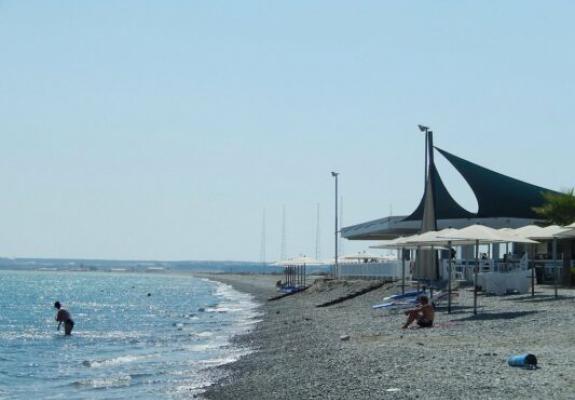Brain Gain: How Cyprus Plans to Win Back Its Highly Skilled Professionals
Government Plans to Attract Tech-Savvy Cypriots Abroad by Promoting Startups and Offering Tax Benefits
In an effort to attract highly skilled professionals—particularly in the tech sector—from the Cypriot diaspora, the government is positioning Cyprus as a startup-friendly country. A key argument supporting this effort is the country's significant rise in the StartupBlink Ecosystem Index 2024, which underscores its growing momentum in the startup sector.
To further this goal, the Ministry of Finance, in collaboration with other relevant ministries, is studying a range of incentives to attract Cypriots living abroad—especially those in the technology and startup sectors.
A government source told Brief: “Among the incentives being considered are tax benefits aimed at encouraging Cypriot scientists in the aforementioned sectors to return to their homeland.” Efforts are also being made to simplify the process for relocating tax residency to Cyprus and to offer additional financial incentives.

The proposals under consideration include:
-
Attracting high-net-worth tax residents by offering incentives for capital inflows.
-
Encouraging investment through incentives for establishing or participating in investment entities or companies.
-
Job creation, with such employment qualifying for alternative taxation on income earned abroad.
-
Facilitating pensioner relocation, by allowing individuals receiving pensions from abroad to transfer their tax residency to Cyprus.
It is anticipated that by next month—during President Nikos Christodoulides’ visit to London—specific tax and financial incentives, along with other facilitation measures, will be officially announced. These initiatives are part of the government’s broader action plan spearheaded by the Presidency to support the repatriation of Cypriot professionals.
The event in London will take place on May 21, with President Christodoulides in attendance. During his stay, he is also expected to meet with members of the diaspora to discuss an appealing “return package” for Cypriot scientists. This package will be designed in collaboration with foreign and local companies seeking specialized personnel.
Inspired by similar efforts in Greece—where brain drain became a central issue—the Cypriot government has elevated this matter to a top priority and remains in close contact with diaspora communities.
It is worth noting that Cyprus, Ireland, and Italy offer a reduction in taxable income for repatriates. Slovenia allows deductions on expenses related to income generation. Denmark and Finland apply a fixed tax rate for a defined period, while Portugal combines a fixed rate with income exemptions. Meanwhile, the Netherlands grants a tax-free allowance of up to 30% of total taxable income to cover relocation costs.






